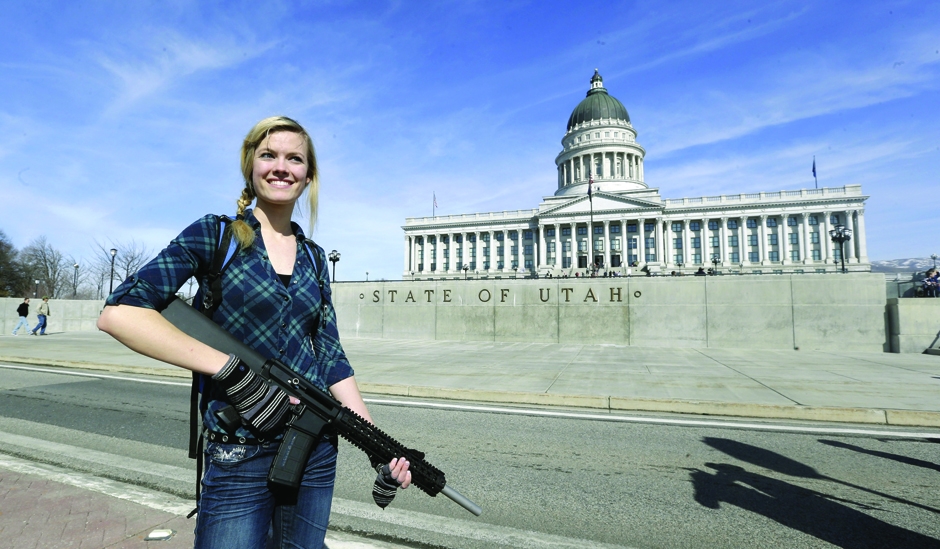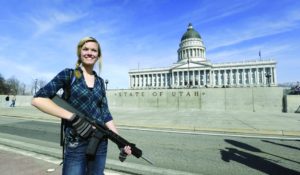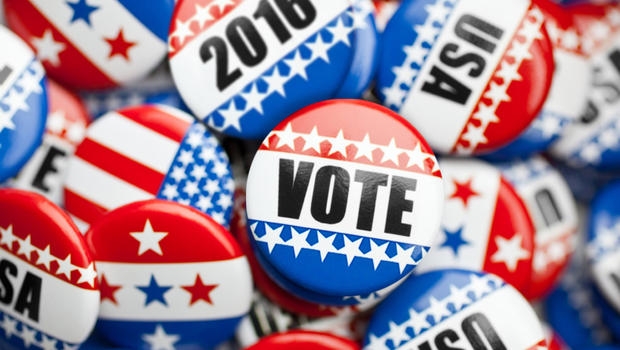
By Shivani Gosai | Asst. Opinions Editor

Gun violence is huge problem in America; this is apparent. It might seem like mass shootings are America’s biggest gun-related issues, but those only make up a small percentage of overall gun violence. The issue is deeper than that.
On March 12, a 3-year-old girl, Yasha Ross, was pronounced dead after accidentally shooting herself with an unattended gun found in her home in Mt. Washington. Ross’ mother, Michelle Gandy, found her with a bullet wound in her upper chest and drove her to Allegheny General Hospital, where Ross was pronounced dead.
Accidental gun deaths make up a significant percentage of gun violence in America. According to the Centers for Disease Control and Prevention, the annual average of children and teens killed by guns is 2,647, which amounts to seven deaths per day. This is a uniquely American issue; no other country has higher gun-related deaths than this nation. To reduce these numbers, we need to stop allowing dangerous or irresponsible people to own guns.
The gun used in Ross’ death was in the possession of 40-year-old Paul Parrish, who is a convicted felon. The federal law prohibits convicted felons from owning firearms. The woman who initially purchased the weapon, Jamaya Moore, is also being investigated. Authorities believe she purchased the weapon for Parrish’s use.
In this instance, it seems fitting to charge Parrish with homicide. Most unintentional gun deaths involving children are seen as homicides because the firearms were irresponsibly stored. Everytown, an organization that researches gun violence, reports that more than two-thirds of these tragedies could have been avoided if the gun owner properly stored away their firearms. This is similar to more than half of reported school shootings, where the shooter obtained the gun from their home.
“When a felon is not supposed to possess [a firearm], and a child loses her life because that felon does in fact possess, there is a principal here that might make it appropriate to prosecute for the homicide,” says Allegheny County District Attorney Stephen A. Zappala Jr. in an interview with the Pittsburgh Post-Gazette.
With the topic of gun violence comes the exhausting question of gun control. No matter your political party, I hope we can all agree that guns need to be safely regulated. The gun found in the Mt. Washington home was illegally owned. A survey conducted by Harvard University, published in the Annals of Internal Medicine, determined that 22 percent of gun owners purchased a firearm without a background check. Although this only represents a smaller proportion of gun owners, millions of U.S. citizens continue to acquire guns without background checks. This is especially seen in states that do not regulate private firearm sales.
The top three most significant things we should be concerned about when lessening gun violence is background checks, limiting ammunition capacity and focusing on high-risk people. Limiting ammunition capacity is a more effective strategy in limiting the carnage from a mass shooting rather than banning assault rifles altogether. On top of proper regulation, it’s important to focus on high risk people with the help of mental health professions, law enforcement and schools. Mental health is a serious factor in gun suicide, mass shootings, etc.
Whether you support owning guns or not, it’s time to take a serious look at the way we allow guns to be distributed. America’s gun homicide rate is more than 25 times the average of other high-income countries, according to World Bank. Our priority in preventing unintentional child deaths and school shootings is to make sure that children do not have access to guns and that if they do, the negligent adults involved are held accountable.





What difference would it have made if the firearm was purchased legally?
I think your figures are false. I do not believe there are 7 accidental deaths per day that are related to guns in any way. One fact that is quite clear in this article is there is no data on how many lives are saved by privately owned firearms. How many crimes are stopped or simply prevented. Vary disingenuous.